At Earth Animal, our focus is not just on animal health. Our focus is on the health of the entire planet and all its inhabitants. We are committed to sustainable living for the benefit of every single entity on the Earth, from the tiniest plant to the largest mammal. But sheltering at home during this COVID-19 pandemic can make some sustainable choices a bit harder. Sure, there is less air pollution with fewer cars on the road, but there is more cardboard packaging from all the extra deliveries and fewer sustainable shopping choices when limited to what you can get online or from delivery services. We are no longer able to shop with our reusable bags and using our own containers for bulk shopping is out for now, too. So how can we help the Earth while stuck at home?
According to the folks at wisegeek.com, “Sustainability aims to balance the needs of human societies with the needs of the environment, preserving both for all creatures on Earth to make use of and enjoy. Sustainability promotes biodiversity, the preservation of unique ecosystems, the health of the environment, and a high quality of life.” This is what we strive for at Earth Animal, and while the pandemic may make achieving some of this harder, it is not impossible. Here are some things to do to help the Earth while keeping yourself safe from COVID-19.
Part of living sustainably is to shop locally. You can continue to do this during the pandemic, even while sheltering at home. Getting groceries at local markets, having meals delivered from local, non-chain restaurants, and either shopping online for curbside pick-up at local stores that are able to remain open or purchasing gift cards now to be used later for local shops that have been required to close are all things that support your immediate community and limit more unsustainable global commerce that is both hard on the Earth and unfair to impoverished societies.
While you are grocery shopping locally, remember to buy local products as much as possible, too, especially produce. Eat in season to support Earth-friendly agricultural practices and lessen the carbon footprint that comes from shipping food all around the world.
Although it is important to support local businesses like small restaurants in your community, try not to get take-out too often. Rather, do more cooking at home to avoid adding to the waste produced by restaurant take-out. Eating at home means no plastic utensils, straws, Styrofoam and excess cardboard. If you want or need to do take-out, try to go to restaurants that use Earth-friendly materials, such as compostable packaging and utensils, or, at the very least, when you place your order ask them to leave out the plastic utensils, straws, and extra napkins.
Consider eating more plant-based meals and reducing or eliminating consumption of meat. The over-production of meat at factory farms is not only bad for the environment, it is inhumane treatment of animals. Overcrowding, prophylactic treatment with antibiotics, and the addition of growth hormones to the animals’ diets are cruel for the animals and dangerous to human health. Stock up on beans and vegetables at your local market and try out some new vegetarian or vegan recipes.
When you can’t reduce, be sure to reuse and recycle. Due to the nature of this pandemic and the social distancing measures required to get it under control, we are necessarily having to live with more single-use products, like cups and cardboard boxes. Instead of tossing these in the trash after one use, upcycle or recycle them. Whenever possible, use these items for another purpose and when you can’t use them anymore, put them in the recycle bin instead of the trash. For example, you can wash out a single-use cup and turn it into a pencil holder or cut it into shapes for a 3D art project. Turn an empty plastic water bottle into a fun new tug toy for your dog by wrapping it securely with old fabric. Cut packing paper into strips to line a bunny cage. Get creative (and avoid boredom) by thinking of new uses for these typically single-use products.
Think before you shop. Yes, being stuck at home all day every day can get boring. And sometimes we feel the need to connect to the outside world and some sense of normalcy by hitting the “Add to Cart” button. Or maybe the uncertainty of these days makes us feel the need to stock up on everything so we over-shop. Before you grab your credit card, take a minute to think about whether or not you really need the thing you are buying. Is it truly a necessity in your life or do you just want it to fill a void or make you feel better? Is it something that can wait until you can buy it locally? Is it really worth the environmental impact of having it shipped to you right now?Because over-consumption is highly unsustainable, whenever possible, limit your shopping to only that which is truly necessary.
While socially distant living may make sustainable living a bit harder, follow the same basic strategies that you normally would to live sustainably with a bit more mindfulness about your choices and you will be doing your part to help the Earth and your community while keeping safe during the pandemic. Always think about the Earth and all its animals before purchasing, consuming, or discarding anything and you’ll be living sustainably under any circumstance.







